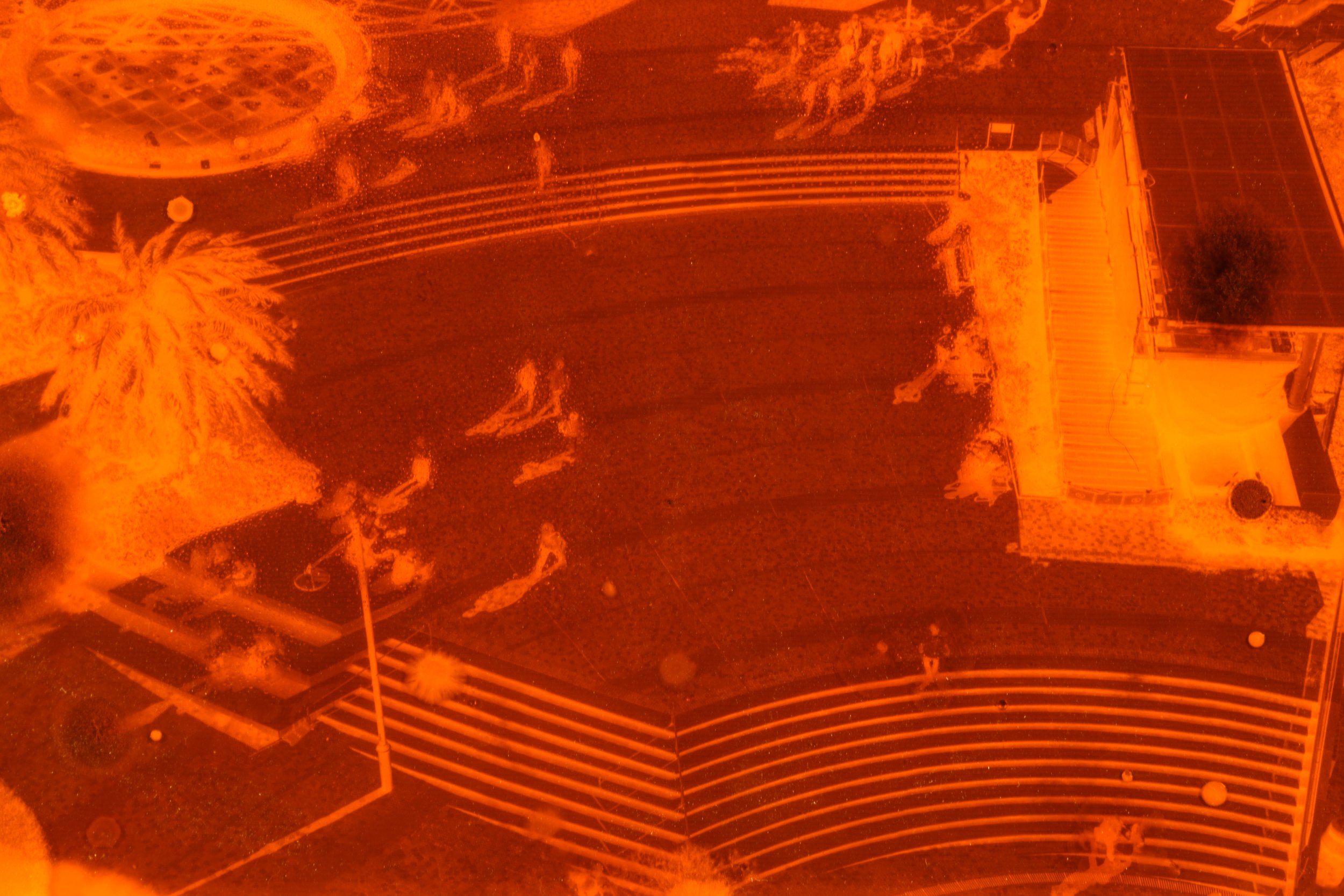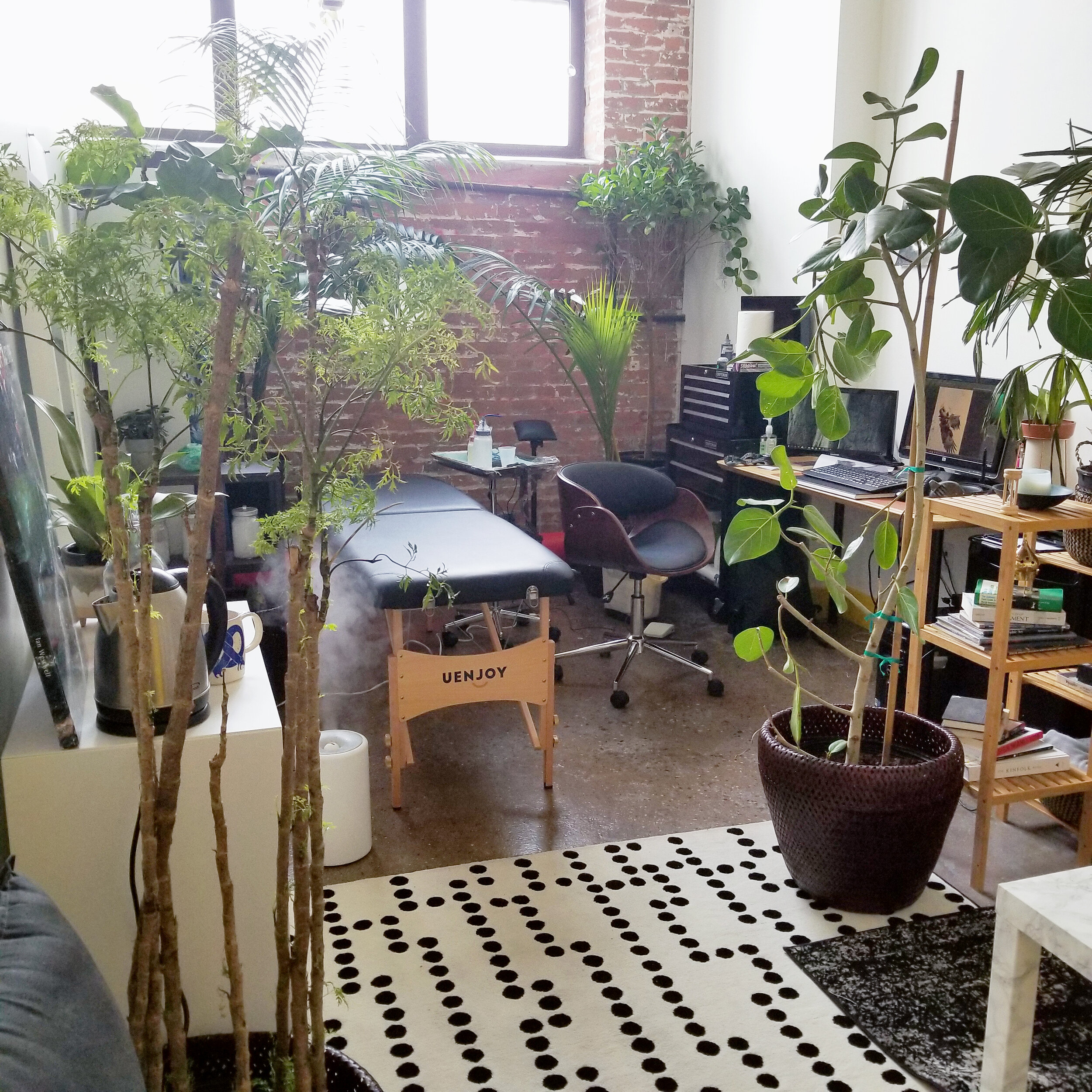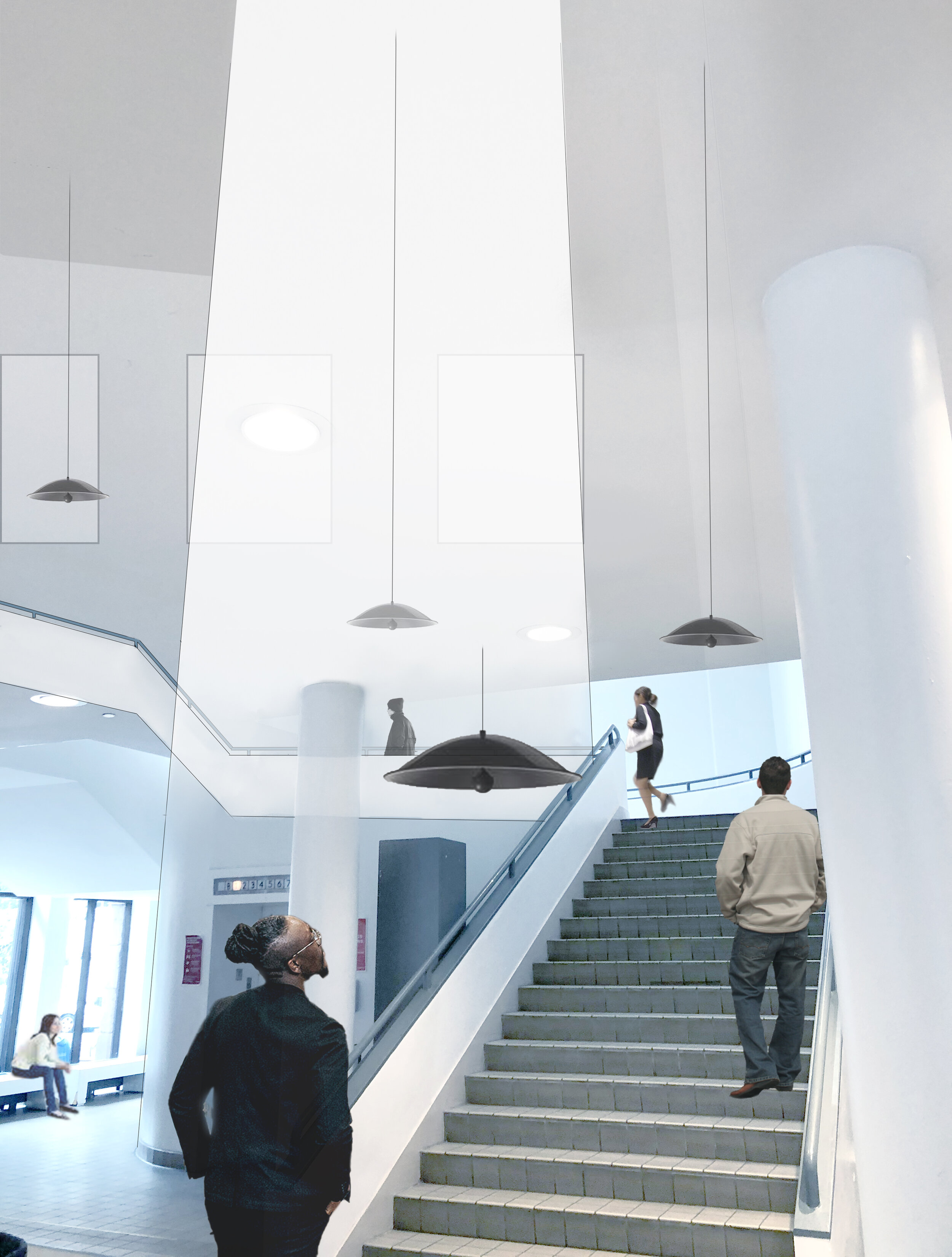On Work
2019 Volunteer Abroad
Collective Aid, Belgrade, Serbia
Chintapu Medicinal and Agricultural Farm, Ilam, Nepal
Volunteering abroad was such a beautiful experience for me. I got back tenfold from what I gave, and I tried to give everything I could in each project I partook in. 14-hour workdays were the norm and not the exception. I would wake up each day with the sun and work until sundown in Nepal. In Serbia, the work never stopped. That's what I had hoped for, to feel purposeful in my work. After years of work in a capitalist system, I felt lost, and my life and labor seemed meaningless. My work gave me no purpose in New York. That's why I decided to go to the other side of the world and see what work I could do with my time when my work was not dependent upon income.

Ilam, Nepal
In Nepal, I lived with a family in a remote village in the northeastern city of Ilam. The village is a 30-hour bus ride from Kathmandu. This bus trip is, by far, the most demanding physical journey I have taken in my life. The whole time I had the worst food poisoning in my life and did not know whether I would make it to my destination safely. I've taken many psychedelics before, and I'm well acquainted with discomfort though, this experience is up there with some of the most difficult things I've ever had to endure.
However, during this trip, I learned to trust. You see, I had chosen to travel abroad to gain trust within myself. I wanted to encounter unpredictable circumstances where I would have to make difficult choices. I hoped to learn more about trusting myself as a result, but instead, I learned to trust others. I was a package being handled from one bus to the next without any awareness of whether I could trust the people in charge of getting me to my destination. I did not speak the Nepali language, and I did not know anything about the streets of cities I passed through. During this trip I was switched between 5 different vehicles while initially being told that it would be a straight shot to Ilam. Luckily I reached the village I had set out for.
A rocky start aside, Nepal will go on to have an almost spiritual place in my consciousness. There is something profoundly healing about being in the mountains. The air is different. The people are different. The animals are different, and all different in a more peaceful manner than down in the cities. I posit it has something to do with having such a wide horizon at all times to calibrate oneself to. I worked as a humble farm boy. Chopping wood, collecting leaves for the cows, delivering milk, digging, plowing, fertilizing the soil, and making fires.









Heat, something I take so much for granted in my day to day life in New York, is such a vital resource in Nepal. It's a constant effort to chop down and collect enough wood to get through the winter. The amount of time it takes to prepare the firewood is equivalent to the amount of heat one can expect from their day’s labor. There was no steady or reliable source of electricity in the village I was staying at. A small generator and other solar-powered sources would reserve energy for emergency usage. The bulk of the energy came in the form of fire.
Speaking of energy, the energy from food was also incredibly low on fat and protein. We would eat rice with some lentil soup and a vegetable or some yogurt called “moi.” Again the energy content in my food here in New York is something I take for granted where there is an overabundance of calories in every food item. In Nepal, I recall eating double and triple in a desperate attempt to gain enough calories to compensate for the amount I was burning each day doing heavy manual labor.
Vast portion of my work consisted of collecting resources. I would travel long distances in the mountain with a large head basket and a Nepali machete called “khukuri” to chop down bamboo or collect leaves. Each day required multiple trips to the forest just to gather enough resources for a day. There is a beautiful lack of abundance in Nepal. Despite not being wealthy, I’m always surrounded by a surplus in the west. In Ilam, the work I did each day had an immediate effect on life at a survival level. This level of immediacy and engagement with vital resources is something I had never experienced before my time in Nepal. Besides collecting resources, I helped with agriculture in soil management, plant propagation, and seed collection.






During the last week of my stay, I offered to make the family who hosted me some art. I come from a background in conceptual time-based media art, but in the context of this village, I found the most meaningful thing I could do is give them something that would be useful for the farm and bring them joy in the years to come. I made a handful of signs for the most important plants on the farm.
The family was delighted and invited over the village members to see all the things I had made. It was beautiful to see how happy they were for the humble signs I had made them. The warmth I received from them during the unveiling of the signs is more than I have received in any of my opening receptions here in the West.
In New York, I have worked as a woodworking fabricator building frames and wooden support for major artists. I would use state of the art equipment and make products that would go on to hang on museum walls. Yet, it left me feeling like a cog in the capitalist machine. Thus it was important for me to build custom support for all the paintings I made in Nepal using rudimentary hand tools and simple materials. In a way, it made me realize that the work I did in NY itself was not devoid of meaning, but rather the context and purpose of the work determined its meaning. When I got back, I changed my job and opened up a private studio working for people in an intimate and meaningful form as a tattoo artist.
Belgrade, Serbia
Never in a hundred years would I have imagined going to Serbia as a travel destination. It's just not a place I knew much about at all. That all changed when I found a volunteer project that resonated deeply with me. I found a group of people who had a kitchen and a food truck service for the 3000 plus Refugee population in Belgrade, Serbia. They were an NGO run by a handful of young, driven volunteers. I joined the effort for a brief yet compact moment In time.
I mainly contributed to two different projects while in Serbia, Azadi Community Center and Mikseliste. Azadi Community Center was located about 30 minutes walk from the main camp for men in Belgrade. The camp is similar to a military encampment where thousands of people are housed in hostile environments with no recreation or education. The community center offers a space for the guys to participate in extracurricular activities and take language classes. More importantly, it is a safe space for them (a small fraction of them) to come together and share some laughter, tea, and a sense of community. I was one of the volunteer teachers at this small facility. Each day, five of us would manage the center. I prepared lessons in topics ranging from English, art, sports, and meditation. Within the camp, many cliques and groups organized themselves. It created lots of tension among the community members that we, as teachers, had to be mindful of regularly.
Time works differently for migrants. Many of the people I engaged with were in a limbo of uncertainty. Some had been in Serbia as a refugee for three years already and had no idea when they would get to a more favorable country. Others I met had just crossed the border into Serbia the night before. Everything happened with an incredible sense of urgency. I say time moves differently during my work in Serbia because on my first day at the center, a student had weaponized a scissor against another, and we had to shut down for the day. Another time, we had a student come in with a fresh bullet wound, and someone from the center had to take him to the hospital. Unexpected events like these were frequent.
Secondly, I was involved in a project that offered showers and laundry services for the new arrivals into the country. The core belief of the project was a belief in human dignity. People traveled through arid landscapes and often hostile environments for weeks without access to a shower. We strongly felt that people deserved to have their basic hygiene needs met, and thus the project at Mikseliste started. We offered people a place to take showers and offered laundry services to get their clothes washed. The vast majority of the incoming refugees only had a single pair of clothes to wear, so we provided a clothing exchange program where people could borrow clothes from us while we washed theirs. Besides regular showers, we also offered medical showers for people with body lice and scabies. Each day we would serve 40 to 60 people with only three showers and six washing machines/dryers.
During my time there, entire projects and efforts got built from the ground up and then got dismantled within months. New people came in to replace the old. Some got caught, some made it out safely. I worked near the camps that housed only men. The guys would go “on game” frequently. Going “on game” referred to an attempt to cross the border. They would often try to cross the border in the middle of the night through hostile environments, often traveling hundreds of miles on foot. Sometimes a group would be gone for weeks. Certain borders were more difficult to cross than others. Most often, they would fail. They would either be taken into prison or be returned to the camps with nothing more than the clothes on their backs.
The majority of guys that made up the refugee population in Serbia were my age or younger. Yet, the experiences that they have gone through will not be experienced by the vast majority of people in the US in an entire lifetime.















